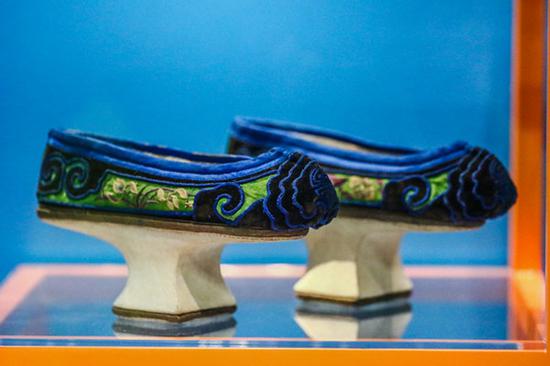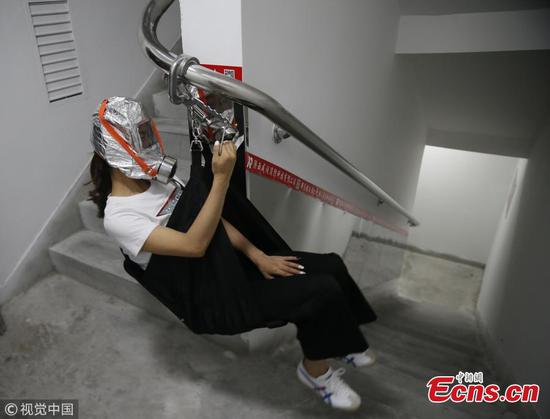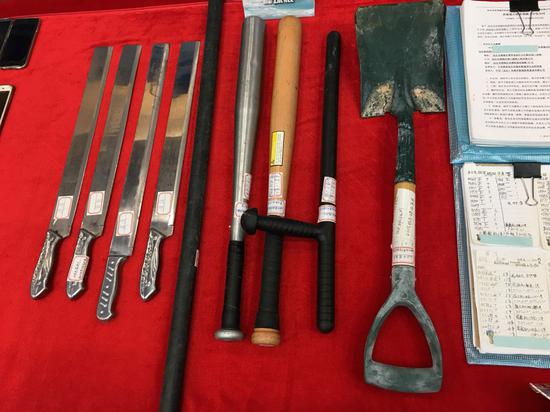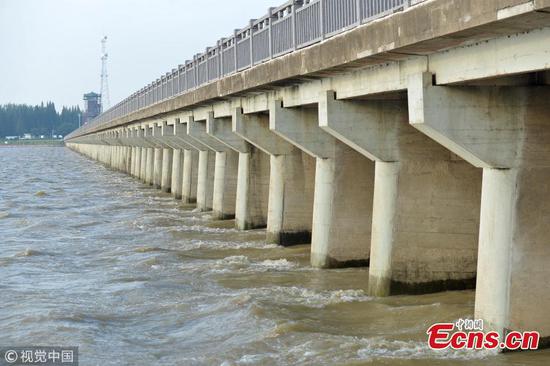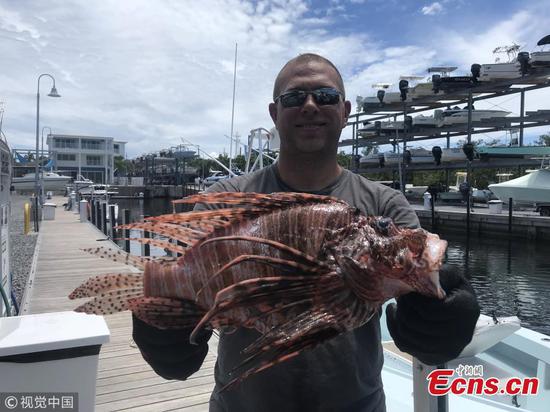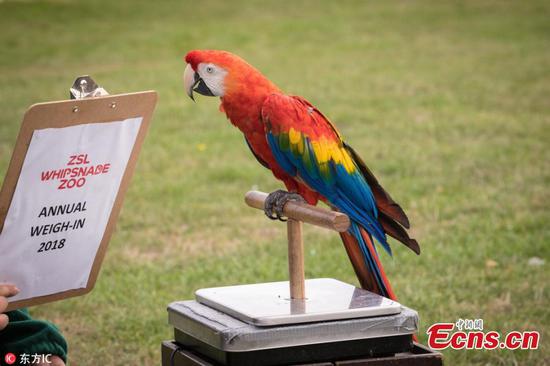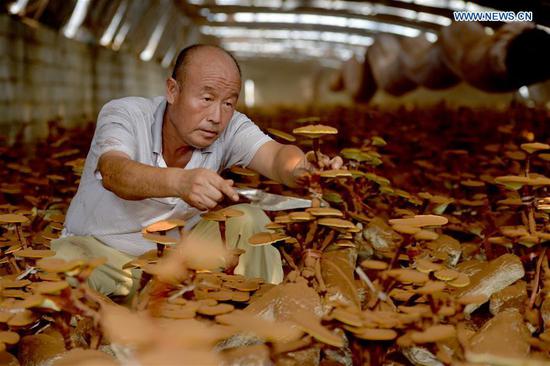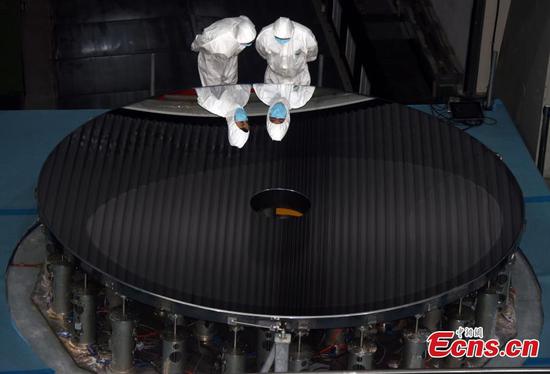Trade talks between the U.S. and China concluded on Thursday, with little indication of progress.
A statement by White House Deputy Press Secretary Lindsay Walters released afterwards?said the parties had addressed?“structural issues in China such as those identified in the Section 301 report.? We appreciated the Chinese delegation coming to the United States to participate in these meetings.?The U.S. delegation will be briefing their principals on the discussions.”
Washington hasn’t wavered from its?hard line with Beijing.?On Thursday, as Chinese and American negotiators met at the U.S. Treasury Department?just steps from the White House, U.S. President Donald Trump?met?with the authors of a new law to restrict foreign investment based on security concerns.?The event?–?initially closed to?the media –?was?then?opened to camera?crews.
“This legislation allow us to recognize those threats for what they are. And to stop China from buying our most critical technology that we need to maintain our role as the world’s greatest superpower,”?said?Senator Tom Cotton of Arkansas.
Modernizing foreign investment rules?
Under the Foreign Investment Risk Review Modernization Act or FIRRMA, a committee with close ties to the White House now has expanded powers to limit foreign investments in real estate and in critical technologies and critical infrastructure — as well as big data.?
Chaired by the U.S. Treasury Secretary, the Committee on Foreign Investment in the United States (CFIUS) has nine voting members — including the U.S. Trade Representative and six other cabinet secretaries.?
The Director of National Intelligence is a non-voting member. Washington wants to make sure that no foreign investment puts U.S. national security at risk, or violates American intellectual property rights. The new rules also give the U.S. government more leeway to block foreign investments in U.S. companies.
“The impact of FIRRMA is very broad in terms of impacting foreign direct investment in the United States because what FIRRMA has done is to expand the scope of transactions which are subject to presidential review – which could be subject to blocking, which could be subject to mitigation measures, or unwinding,” said Ginger Faulk, attorney at Baker Botts. “That’s? something companies will have to think up about in terms of doing acquisitions going forward.”
While Washington can use the enhanced restrictions to block any foreign investment, the bill, which the U.S. Congress recently passed, requires CFIUS to submit a report on Chinese investments every two years. The bill doesn’t require this for any other nation. Trump has made no secret that he intends to use the committee’s enhanced authority to limit Chinese investments.
“Intellectual property and all sorts of things are being stolen from us from by other countries. It’s going to be very hard for them to do that. We put in a lot of safeguards,” Trump said during the meeting.
A senior White House official described Washington's position in these talks with Beijing this way – “if you want progress – open your markets.”
“In past conversations when, despite what I would characterize as mountains of evidence about those practices (forced technology transfer and forced joint ventures), they come into the meeting and say we don’t do that anymore. I think the evidence suggests otherwise, and I think the international community agrees with us,” said the official.
Beijing officials say China has done so already.
CGTN reached out to the Chinese Embassy in the United States for a statement. No immediate comment was available.
Beijing responds?
Meantime,?China?is taking a hard line of its own.? Chinese officials?filed?a formal?complaint?on Thursday?at the?World Trade Organization?in Brussels.?Beijing said?Washington violated?WTO rules by imposing tariffs on?another 16 billion U.S. dollars in Chinese imports.?On Thursday, China also imposed?retaliatory tariffs?on an equivalent amount of U.S. products.
“In order to protect China’s own interests and defend multilateral trade mechanisms, we decided to take countermeasures against U.S. tariffs. For the ongoing trade negotiation, we hope the U.S.?side can work with us and that good results can be achieved,”?said Lu Kang, Chinese Foreign Ministry spokesperson.
The Chinese Ministry?of Commerce?has previously issued a statement on the new investment restrictions, saying?“Washington should treat Chinese investors objectively and impartially and avoid making the national security review an obstacle to investment cooperation between the Chinese and the U.S. enterprises.”

















